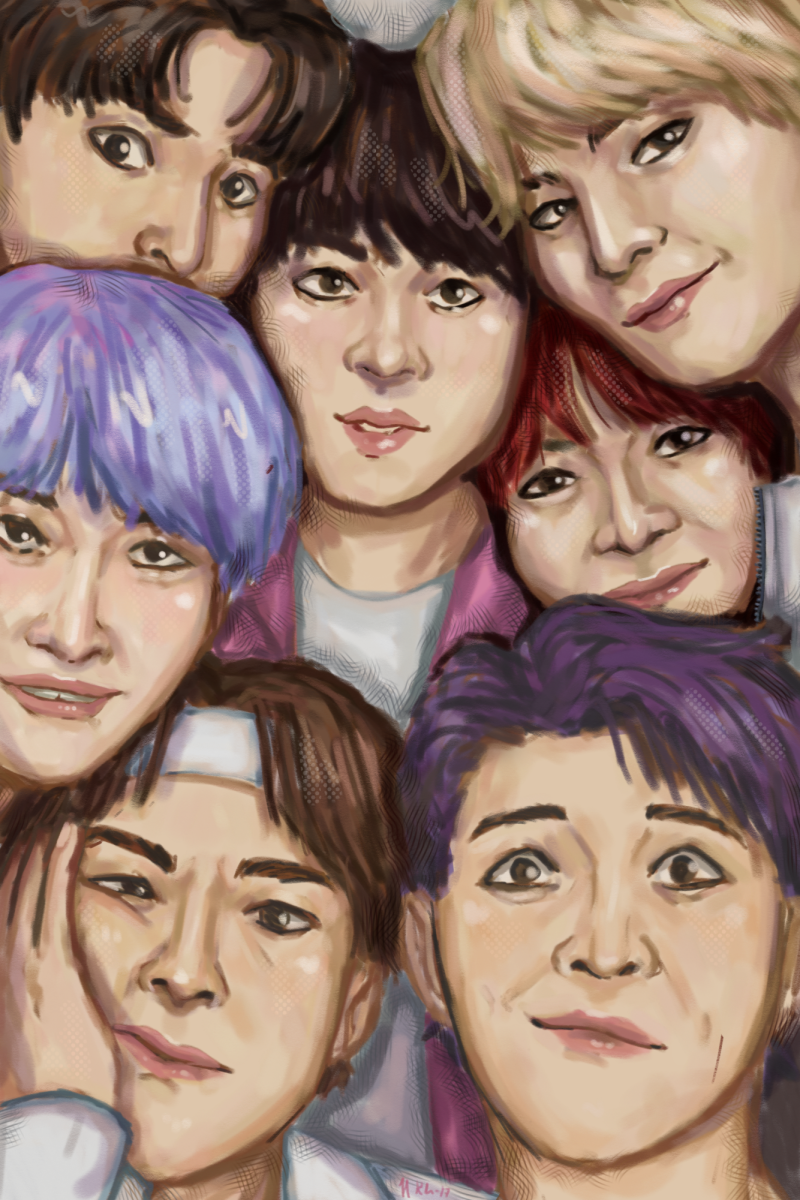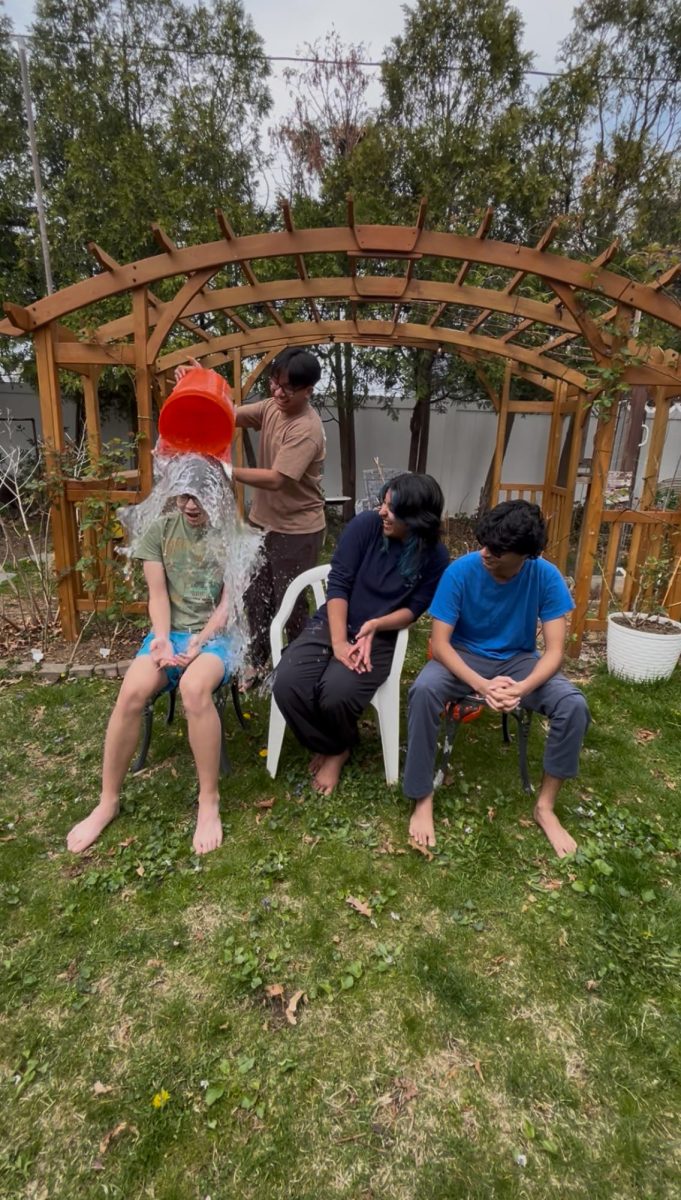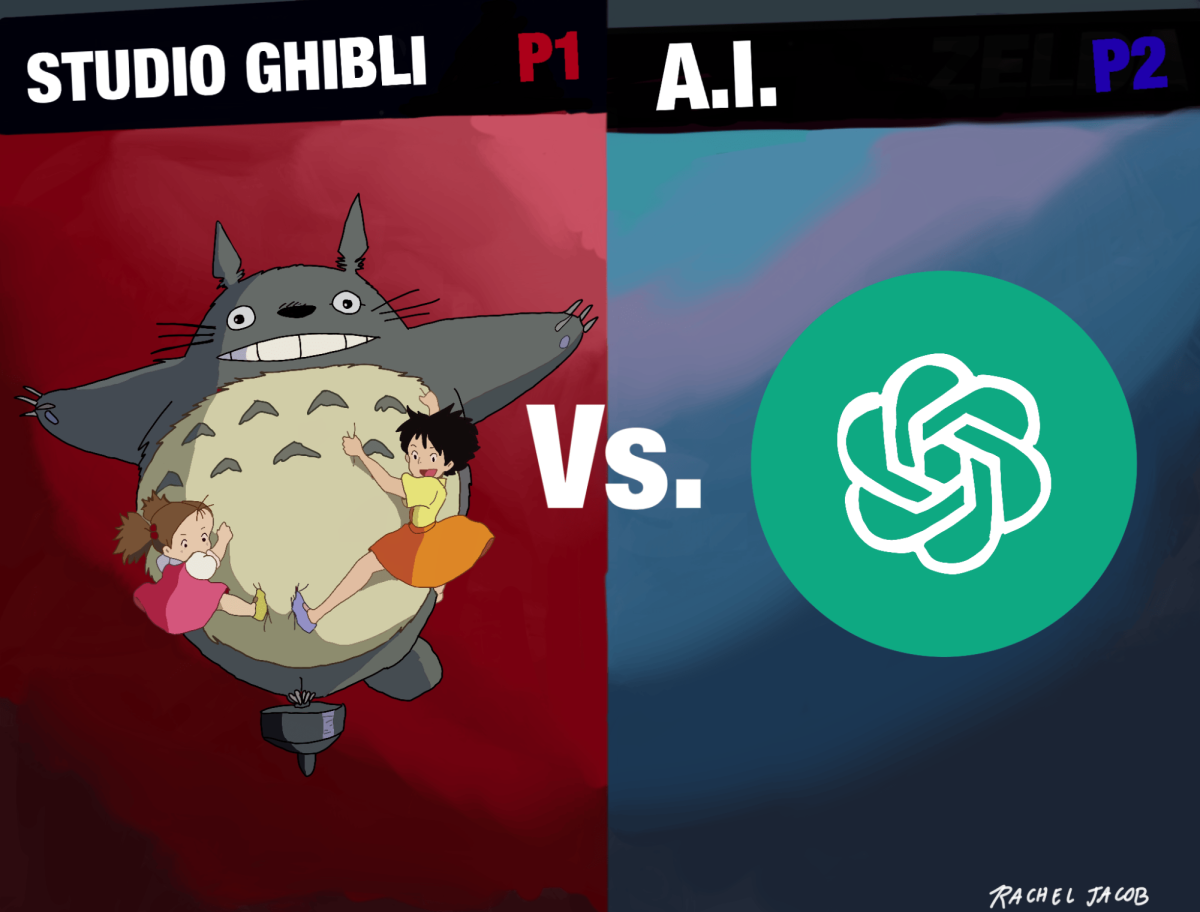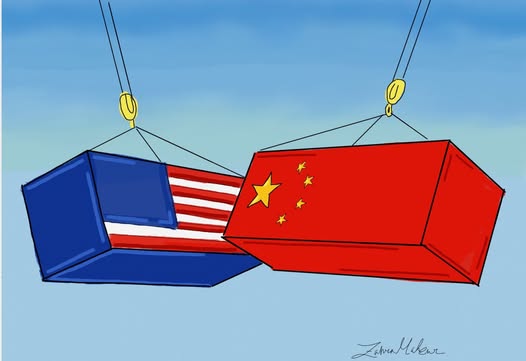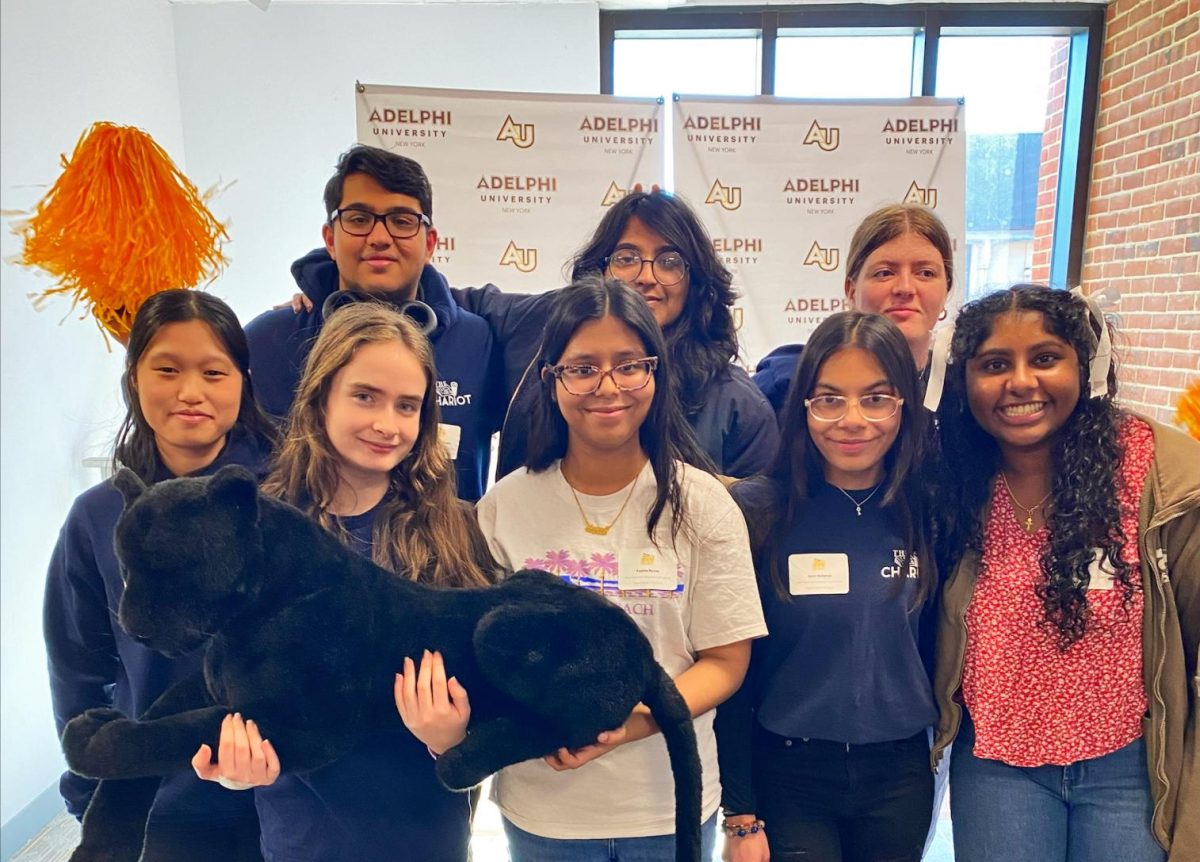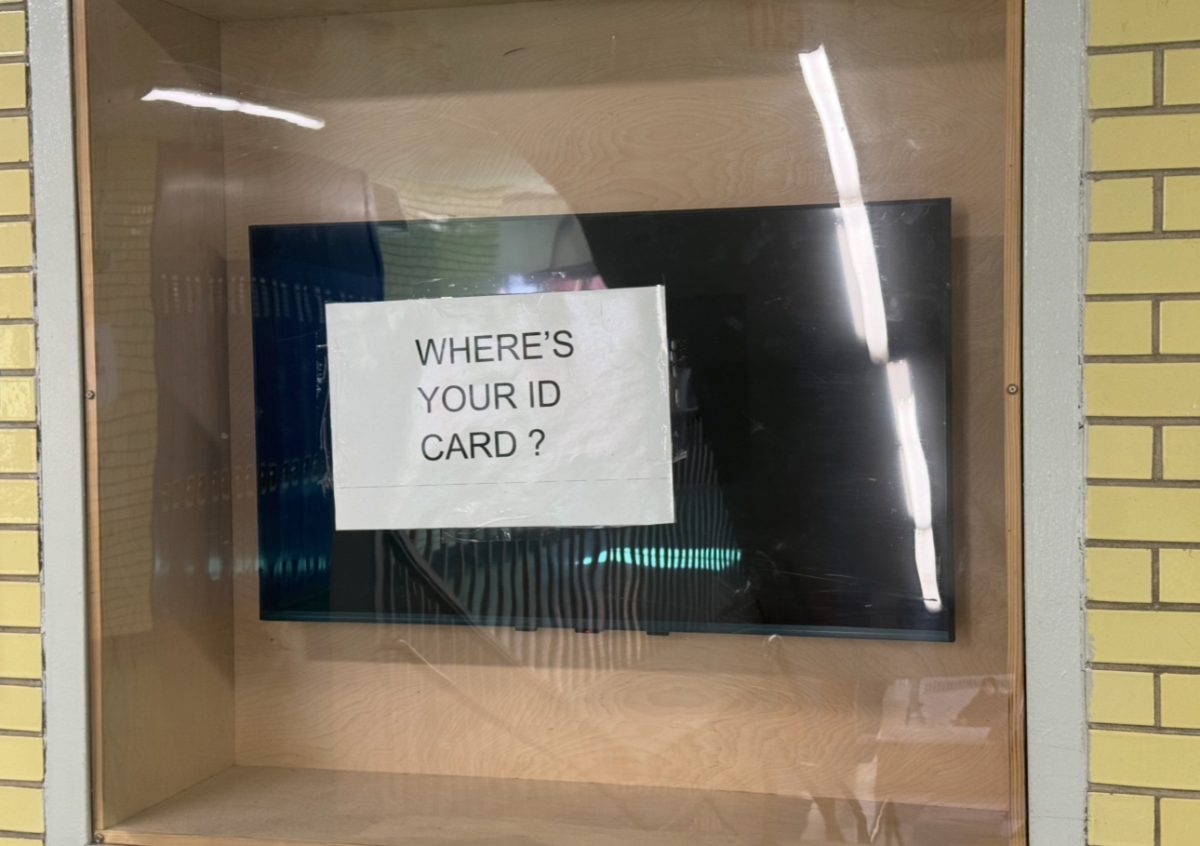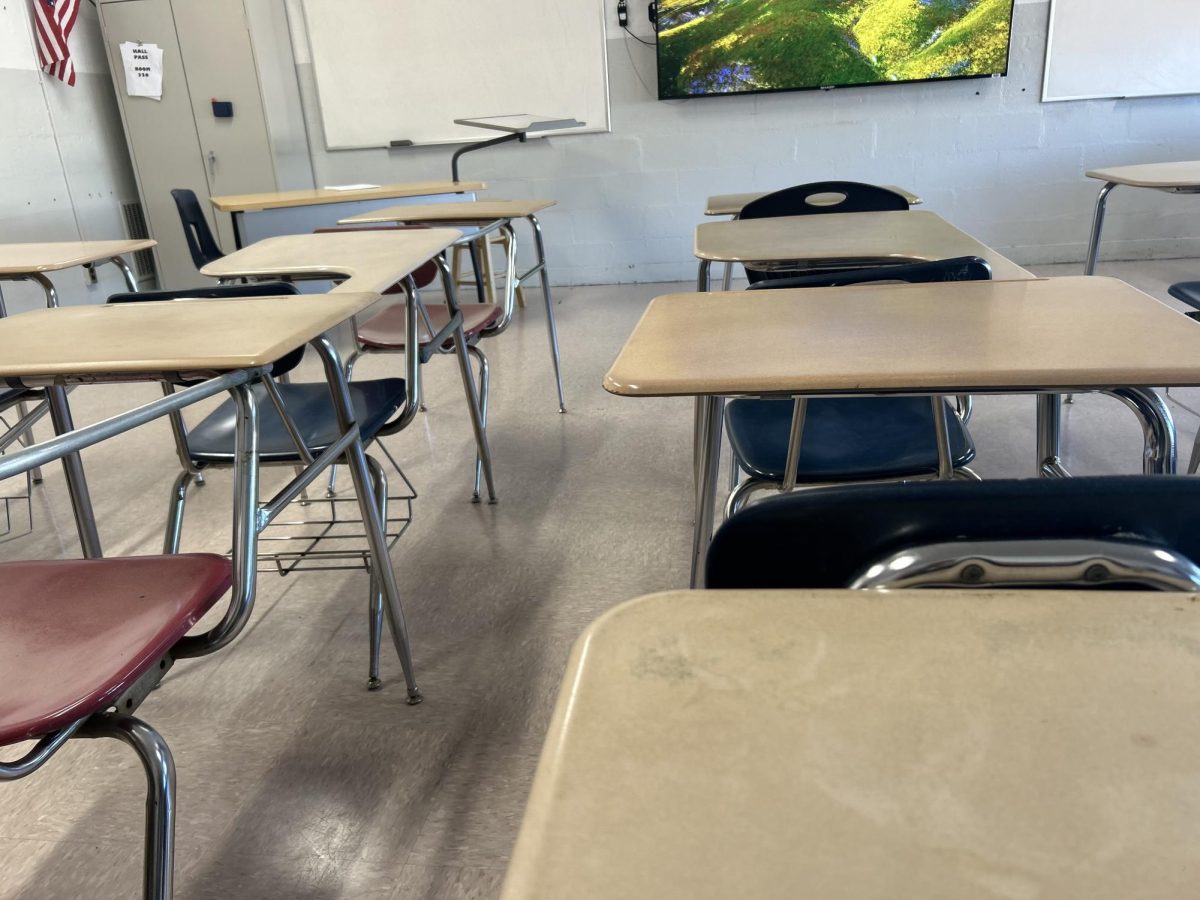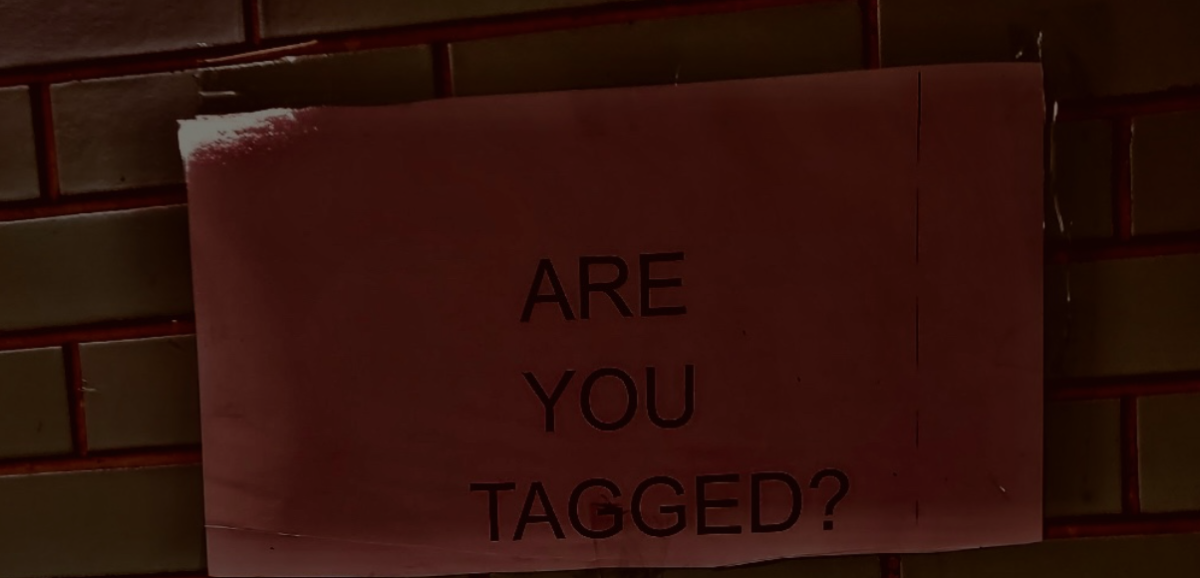The practice of sending pandas to other countries for diplomatic purposes has been seen for decades, known as panda diplomacy. Multiple countries such as the USA, North Korea, Qatar and Russia all have pandas within their borders that originate from China, mainly sent in the name of diplomacy. In fact, the first pandas were sent to the U.S. after a dinner party between Richard Nixon, First Lady Pat Nixon and Chinese official Zhou Enlai in 1972.
Later instances of panda diplomacy within the U.S. have taken the form of business transactions; the U.S. government has taken out loans for Chinese pandas which must be renewed every 3 to 10 years. The terms of these loans often include that the pandas are still ultimately owned by Beijing, and any offspring the pandas may have are also the property of China.
However, in recent years, China’s panda diplomacy has reversed itself, and the country has started to retrieve its pandas from U.S. zoos. Starting on December 7, 2023, loans began expiring, leaving countries such as the U.S. to lose more pandas than they have gained. Zoo Atlanta, for example, has four bears whose loans are set to expire in less than a year with no word of renewal. In addition, the last three bears in the National Zoo are scheduled to be given back to China by December. However, hope for panda diplomacy still exists, as on November 15, 2023, China’s President Xi Jinping announced that new pandas may be sent to the United States as “envoys of friendship.”
Overall, the consensus of what is right for the future of panda diplomacy splits NHP’s students and staff.
“I think China’s decision to bring the pandas back to China is a calculated one,” social studies teacher Mr. Chuba said. “I agree with the belief that the pandas are a symbol of the political relationship between China and the country they loan them to. When political relationships become strained the ability to extend the pandas on loan becomes difficult. I think this shows that the relationship between the U.S. and China is a tense one and losing the panda is a big blow to zoo goers.”
“I love pandas! I hope they do come back to the US,” junior Eliana Park said.
“Though I don’t visit the zoo that often, I recognize that the pandas are an important part of any zoo-going experience. I was saddened that the pandas were going to leave, but now that I’ve learned that they may return… I am just overjoyed,” junior Isabelle Do said.
The departure of pandas Mei Xiang, Tian Tian and their cub Xiao Qi Ji to China saddened citizens and politicians alike. However, the possibility of the return of pandas to the U.S. has sparked hope in Americans, both for the arrival of their beloved animal and an improved relationship between the U.S. and China.




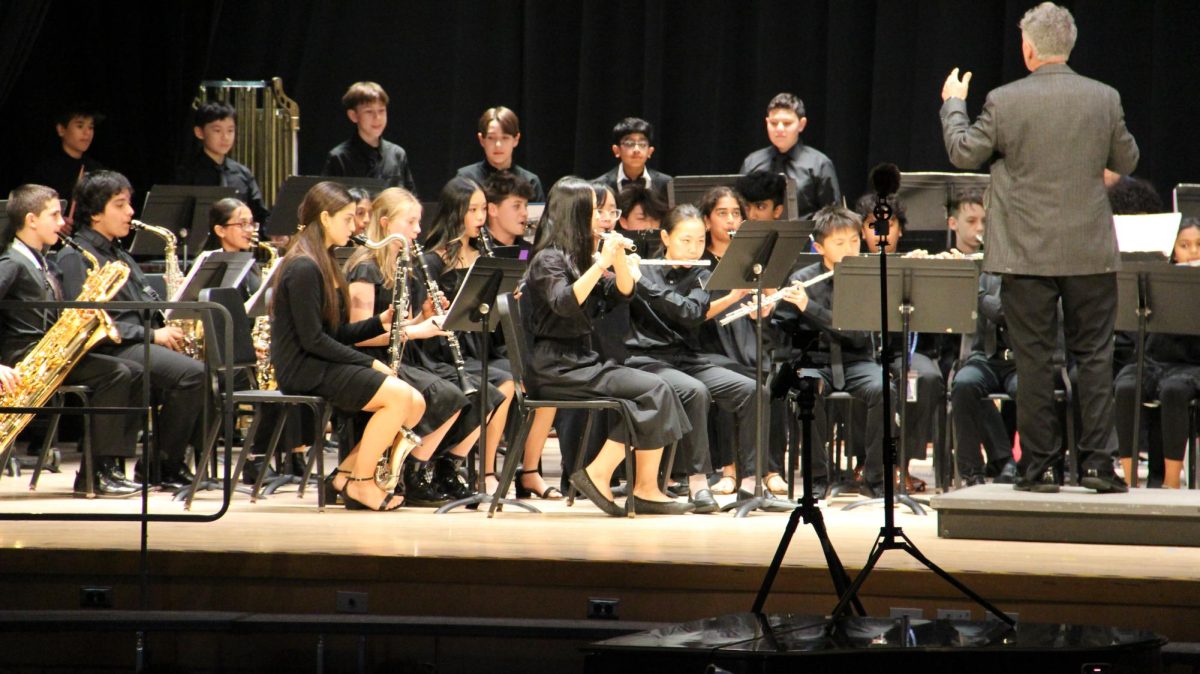








![”[Billie Eilish] truly was made to be a performer and I hope everyone has a chance to see such an amazing show,” junior Nyelle Sarreal said.](https://nhpchariotonline.com/wp-content/uploads/2025/06/IMG_1108-e1749239774437-1200x860.jpeg)

